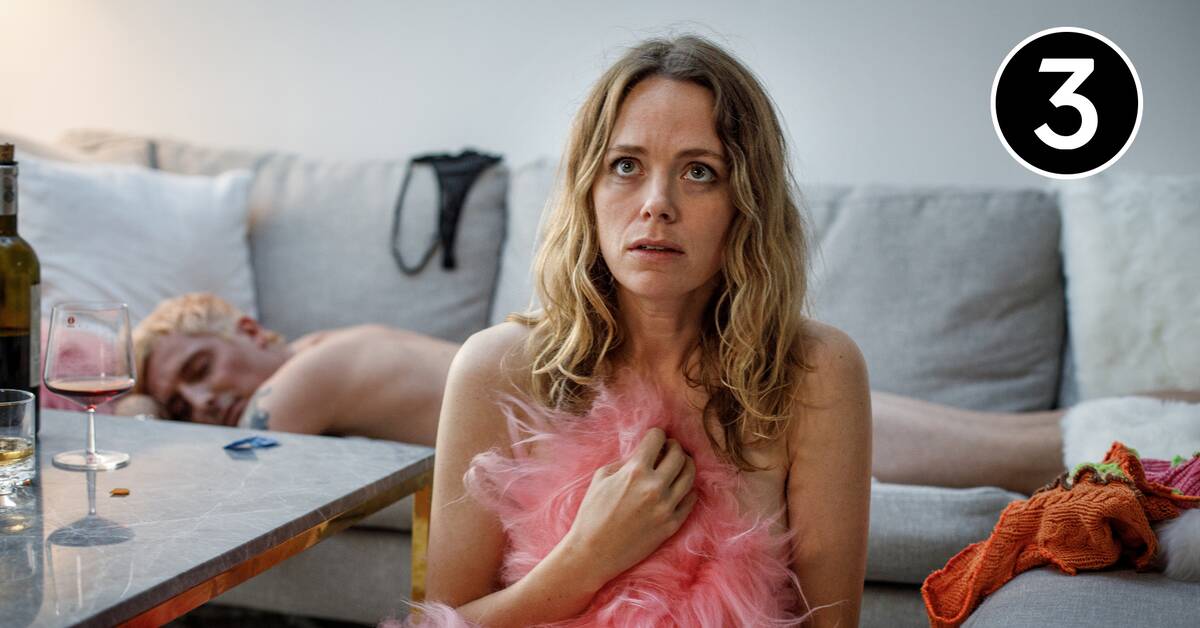Hanna (Katia Winter)
has a well-paid job at a production company.
She has a nice partner and an adorable little son.
But as the typical career woman in the big city that she is, she naturally has a hard time getting her life together.
There is so much to catch up on: advance in your career, cultivate friendships, exercise and take care of your relationship with dinner out and sex.
She is at breaking point without realizing it herself.
Hanna is not much different on that point from, for example, Sofie in "Love & Anarchy", Mathilda in "Adults" and Clara in "Love Me".
She is yet another woman in crisis who would rather perish than admit that she can't handle everything at once.
When
the partner once again sulks over Hanna's unreliable stress brain and points out that everything would be so much smoother if she resigned and devoted herself wholeheartedly to the family instead, strangely enough, she buys it straight away.
Then the whole existence crashes.
Suddenly she is standing on the street with a bunch of plastic bags with belongings, unemployed and abandoned by both her partner and best friend.
How did it happen?
But the journey to hell has only just begun, Hanna is forced to sink so deep into the morass of humiliation that she ends up having to sleep over with an old high school friend, in a bunk bed she has to share with a masturbating teenage son.
After that it gets
fuzzy.
Hanna fumbles around, so does the film.
It zigzags between embarrassing and funny scenes, but without moving the plot directly forward.
How will Hanna get her life in order?
The solution (and redemption) comes from a young girl with various jobs, Liv (Vera Carlbom), who is the world's most relaxed and carefree person.
She lives by the simple motto that if something doesn't feel good, you should screw it up, and she teaches this to Hanna via a lesson in female abdominal anatomy.
How do you know if something is not good?
You ask your vagina (or "pussy", which is the word used frequently throughout the film).
If you are relaxed enough to masturbate, the situation is okay.
If you are not, there is an imbalance in existence.
Hanna is definitely not relaxed, so then you have to turn the whole thing around, and masturbate until you
are
relaxed.
Then the important decisions are made more easily.
What decisions are made?
What changes does Hanna look to make in her messed-up existence?
Not that many.
That's the problem.
Hanna goes from being appreciated at work to regressing into an irresponsible teenager and is then saved by the idea of putting herself first - which is mainly manifested in masturbation breaks at work.
But it seems to be enough.
Suddenly they are all back in her life – best friend, colleagues, even partner.
"The year I stopped performing and started masturbating" is film producer Erika Wasserman's debut film as a director.
It is charming and, in its own way, also really funny.
But despite the humiliation the filmmakers put Hanna through, it never burns, doesn't offer the resistance that elevates the film from tepid romcom to relationship comedy with depth.
But possibly it makes women masturbate more, and judging by the film's simple message, then most things will work out.

